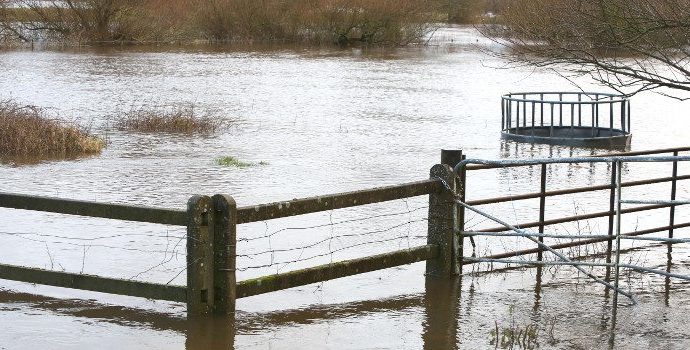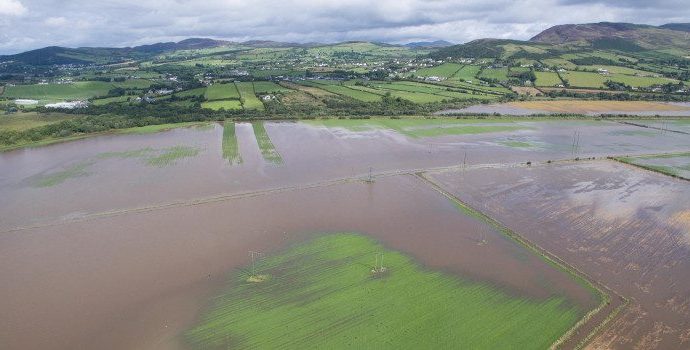
IFA Connacht Regional Chairman Pat Murphy has said the widespread flooding of farmland is putting a serious strain on farmers.
“The forecast into the weekend is not good, with more rain to fall in areas that are already saturated. It will add to the pressure that farmers are experiencing as they work to keep their livestock safe,” he said.
Pat Murphy has put forward a number of actions to provide practical support to farmers:
- Implement the farmyard relocation scheme provided by the OPW and administered by the Dept of Agriculture
- Fast-track of relief works at pinch points, with increased funding
- Teagasc to set up clinics in the worst-affected areas that would identify farmers who need fodder and set up a scheme to deliver the fodder
- Support services to safeguard the mental health of those impacted by flooding
“Farmers don’t realise that a relocation scheme exists. The Department has to increase awareness of the scheme so that farmers with flooded farmyards can apply. The relief works have to be carried out in a manner that alleviates the problem at the pinch points, but doesn’t impact landowners further down the river,” he said.
“These are the priorities at the moment to get us through this phase. In the longer term, the authorities have to identify a co-ordinated plan that avoids the severe disruption that farmers and householders have had to endure,” he said.




